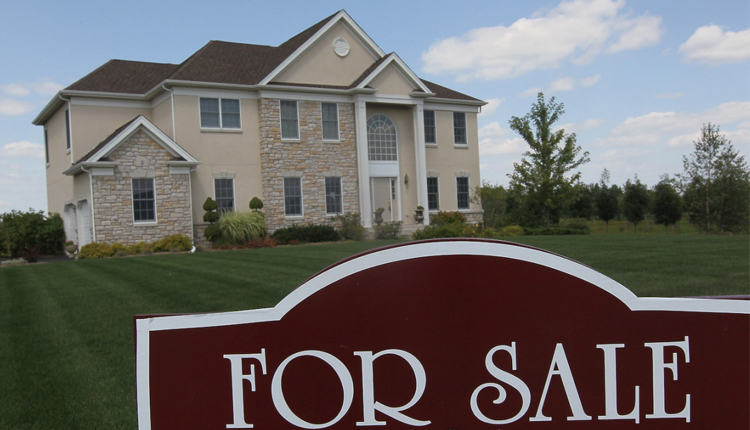House prices in London fell at the fastest rate in almost 10 years in May, according to data that also showed consumer price inflation held at the Bank of England’s 2% target for a second month running in June.
House prices in the capital fell 4.4% in annual terms, marking the biggest fall since August 2009, the Office for National Statistics (ONS) said.
Extending a period of weakness in the property since the Brexit vote more than three years ago, house price growth across the United Kingdom slowed to 1.2%, matching February’s six-year low.
Some other surveys have suggested recently that the housing market might be past the worst of its slowdown.
London house prices are now 6.4% below their July 2017 peak, a disappointment to some homeowners but a much smaller fall than the 17.8% peak-to-trough hit during the global financial crisis.
Furthermore, the current downturn in the capital represents only a small hit given that London house prices have almost doubled since the financial crisis, leaving the city unaffordable for many buyers.
Separate data from the ONS showed not only stable consumer price inflation, as expected in a Reuters poll of economists, but also a reduction in pipeline price pressures for British factories.
Households, whose spending drives Britain’s economy, have been helped by modest rates of inflation combined with the lowest unemployment rate in 44 years and rising wages.
The ONS said producer input costs, which eventually feed through into prices on the high street, fell 0.3% in annual terms in June, the first decline in three years.
Source: Reuters


